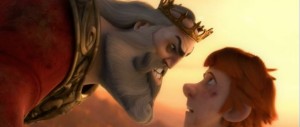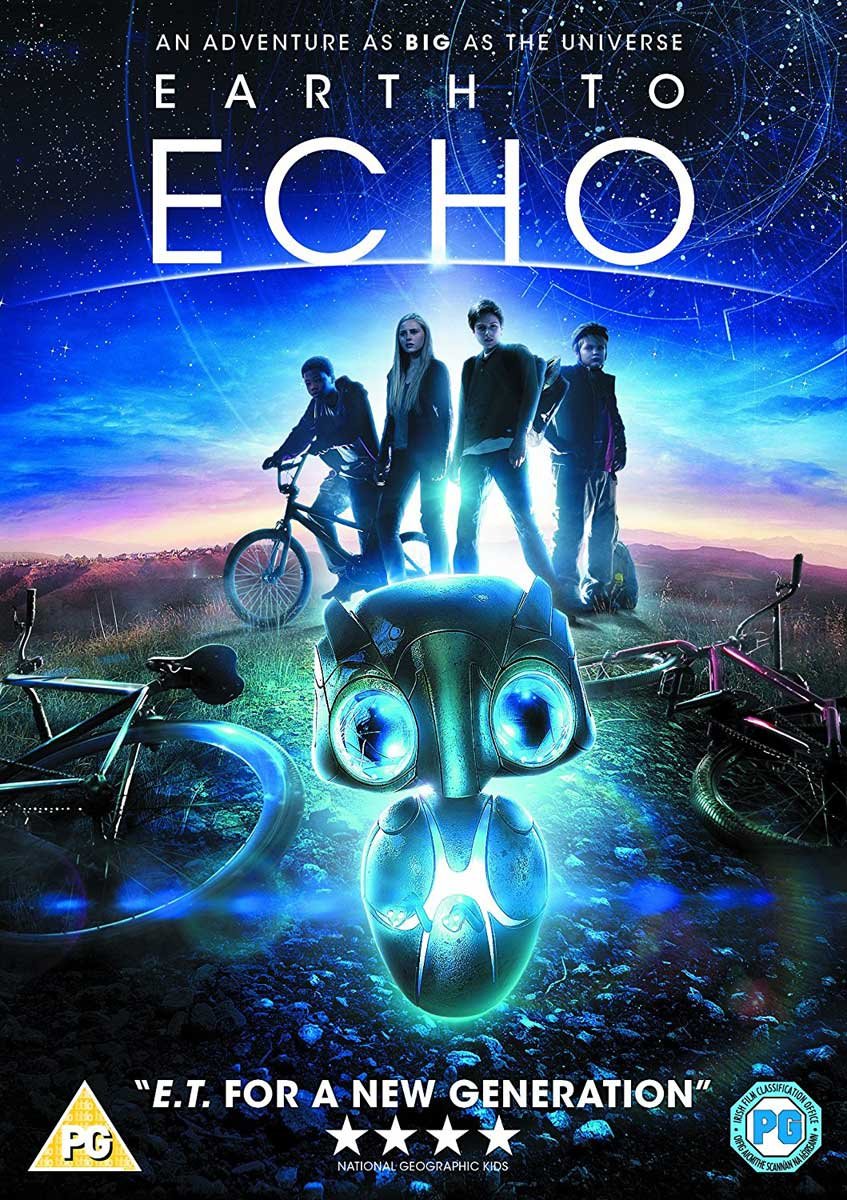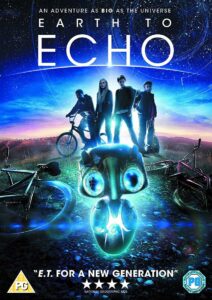Lucy
Posted on July 24, 2014 at 6:00 pm

I always enjoy Luc Besson’s stylish car chases and shootouts. I like his use of locations, his strong female characters, and unexpected flashes of sentiment in the midst of mayhem. While I found much to like in this story about a young woman who gains superpowers through a new drug, it was a mistake to have her show less emotion as she becomes physically and emotionally stronger. Instead of sentiment, this time Besson inserts some preachy ruminations on the meaning of life. I’m not opposed to existential ponderings in the middle of a crashes and explosions film. But they need to be a little less silly and a lot less intrusive.
For a moment, I thought we were back on the Planet of the Apes or perhaps picking up some deleted scenes from “Tree of Life” as we returned to the dawn of time with the earliest hominids. But no, this is just some sort of context for what is to come. Our heroine, you see, shares a name with the skeleton of the oldest human remains, thought of as the first woman.
We then meet our present-day Lucy, standing on the sidewalk, arguing with her boyfriend of a week, who is trying to persuade her to deliver a briefcase for him. She may not be very focused, but she is sharp enough to know that he and the deal he is proposing are both very sketchy. But she is not smart enough to walk away before he can handcuff her to the case and shove her toward the door. She has no choice. She walks into the building. The boyfriend gets shot. And she is hustled upstairs but a lot of very scary-looking guys in black suits.
She is soon knocked out, and awakens to find that a pouch of a powerful new drug has been sewn into her abdomen. She is one of four mules to be sent to cities across Europe to deliver the drug. But before she leaves, a thug kicks her in the belly, the pouch opens, and the drug, a synthetic version of a chemical essential in fetal development, goes into her bloodstream and she is suddenly super-smart, super-powerful, and super-mad. Also, she can time-travel, sweeping eras to the side like Tinder rejects.
Meanwhile, all of that brain power has not led her to the obvious conclusion that wiping out all of the bad guys who are in charge of distribution of the new drug is not going to solve very much if there are still people out there manufacturing it.
For a while it is fun to see her think, kick, punch, stab, and, yes, levitate the bad guys. But there are too many returns to Morgan Freeman lecturing a group of students about what would happen if we used more than ten percent of our brains (by the way, that old myth has no more basis in reality than this movie does) and the decision to make Lucy increasingly robotic in demeanor as she gets more cerebrally enhanced lessens the narrative propulsion and emotional heft to the storyline. She also loses a lot of our sympathy when she engages in needless murders of innocent parties. I like Luc Besson. But I think he was using less than ten percent of his brain when he wrote this one.
Parents should know that this film includes extensive action-style violence with many characters injured and killed, lots of guns, knives, surgery, car chases and crashes, fights, threat of sexual assault with some grabbing, explicit scenes of animal and brief human sex and childbirth, sexual references, brief strong language, theme of drug dealing and effects of illegal drugs
Family discussion: If you could access more of your brain capacity, what would you use it for? Why did Lucy become less emotional as she got smarter?
If you like this, try: “The Transporter” and “Limitless”





